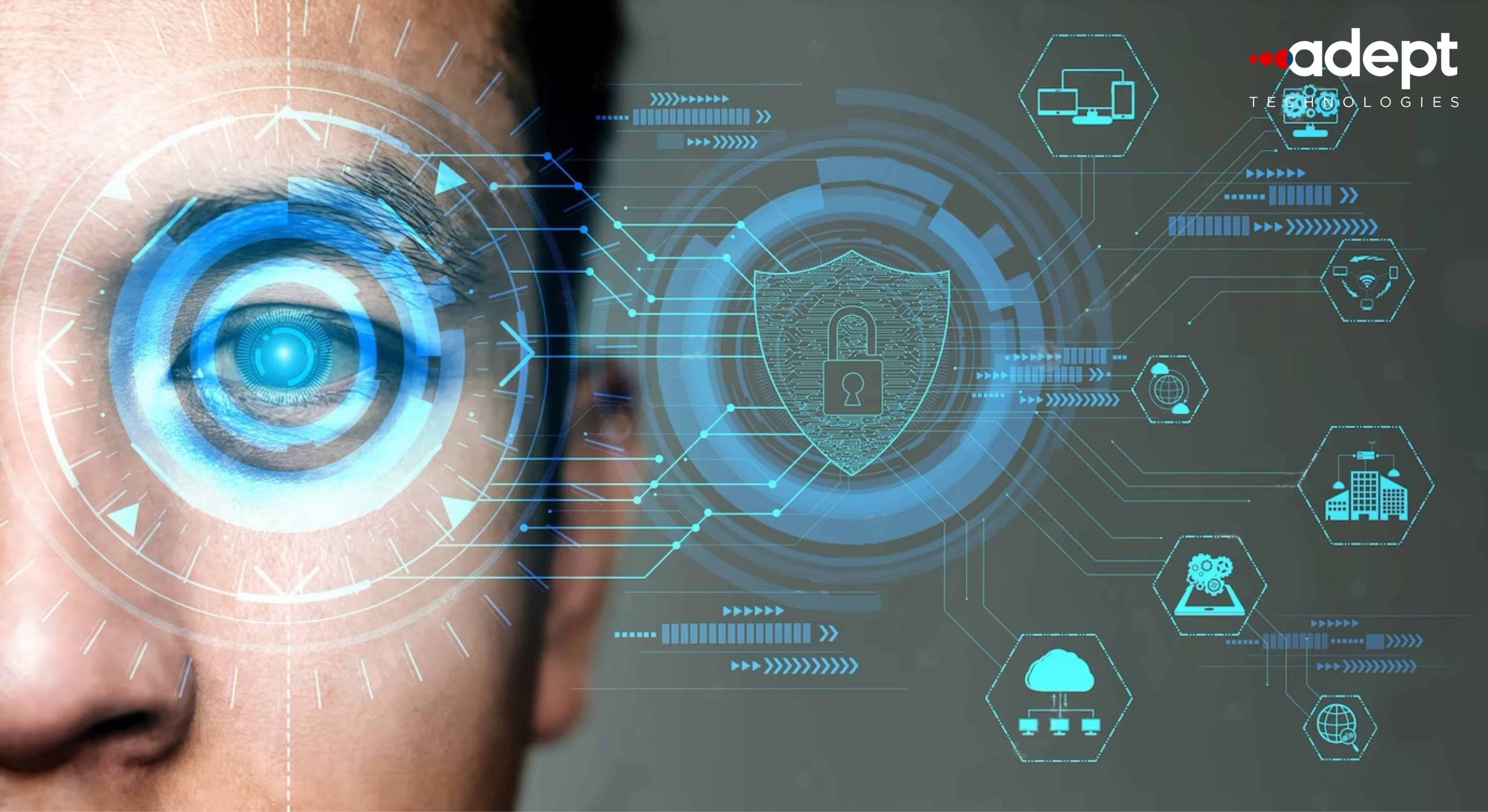Worldcoin and Data Protection.
In a rapidly evolving digital landscape, where personal data protection is of paramount importance, emerging technologies like blockchain and cryptocurrencies are shaping new ways of addressing identity verification without compromising user privacy. Worldcoin, a blockchain-based digital passport system, has garnered attention for its innovative approach to proving identity online while safeguarding personal information. However, as this revolutionary concept gains traction, questions surrounding data protection and privacy concerns have come to the forefront.
The Worldcoin Vision: A Digital Passport for Identity Verification
Launched in Germany by OpenAI CEO Sam Altman, Worldcoin has been envisioned as a groundbreaking solution to the challenges associated with verifying one’s identity online. The system aims to offer individuals the ability to prove their identity without the need to share sensitive personal data. At the core of this concept is the utilization of blockchain technology, known for its transparency and security, coupled with a unique biometric authentication process.
The Biometric Approach: Iris Scans and “Orbs”
To access the benefits of Worldcoin‘s digital passport, users undergo an iris scan using a biometric device referred to as an “orb.” This iris scan serves as a secure and distinct identifier, allowing individuals to validate their identity without divulging personal data. The user’s iris scan is stored on the blockchain, providing a secure and tamper-proof record of identity verification.
Data Protection and Government Scrutiny
While Worldcoin‘s innovative approach holds promise, it has not been without controversy. Government agencies and regulatory bodies in various countries have raised concerns about data protection and the potential risks associated with the collection and use of biometric data. In Kenya, for instance, the Ministry of Home Affairs suspended Worldcoin activities, pending certification that there is no risk to the public. The government expressed worries about the collection of eyeball/iris data and initiated investigations to assess the authenticity, legality, security, and protection of the data collected.
European Regulators and the Path Forward
Worldcoin has also faced scrutiny from European regulators, particularly in France and Germany, as they seek to strike a balance between technological innovation and data protection. While the concept of a blockchain-based digital passport offers significant advantages in terms of security and privacy, ensuring compliance with existing data protection laws and regulations is crucial.
Challenges and Responsiveness
Worldcoin‘s journey has not been without challenges. During its development phase, the company encountered criticisms from individuals who felt their expectations weren’t met after undergoing iris scans. The importance of transparent communication and user consent became evident, highlighting the need for robust safeguards when dealing with sensitive biometric data.
The Future of Worldcoin and Data Protection
Worldcoin‘s vision of a secure and privacy-focused digital passport system has the potential to reshape online identity verification. As the technology continues to evolve and regulatory concerns are addressed, Worldcoin and similar initiatives could play a vital role in fostering a safer and more privacy-conscious digital environment. Striking a delicate balance between technological advancement and data protection will be key to realizing this potential.
In a world where personal data is increasingly valuable and vulnerable, innovations like Worldcoin underline the importance of ethical and responsible technological implementation. As governments, regulatory bodies, and organizations collaborate to establish comprehensive frameworks for data protection, the path toward a more secure and privacy-respecting digital future becomes clearer. Worldcoin‘s journey serves as a reminder that while groundbreaking technologies hold immense promise, their successful integration into society hinges on safeguarding individual rights and privacy.

